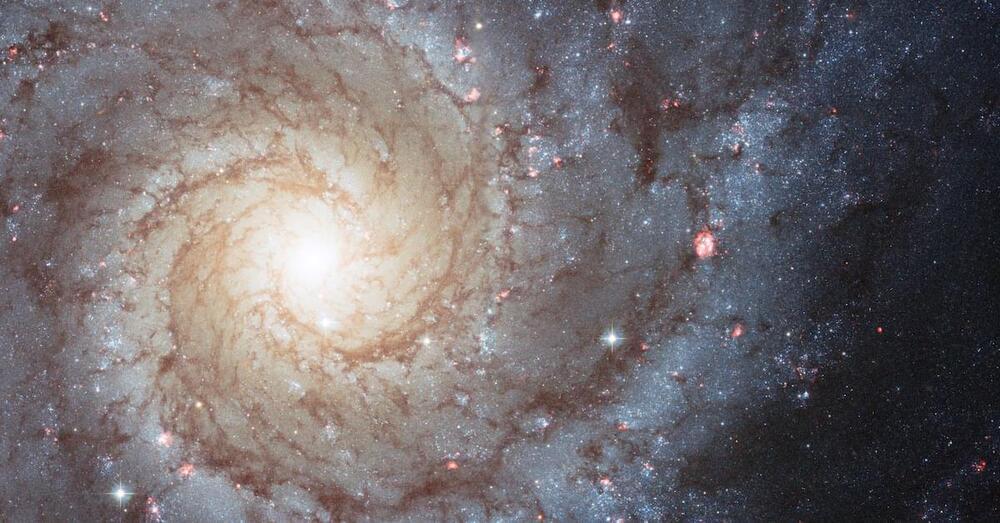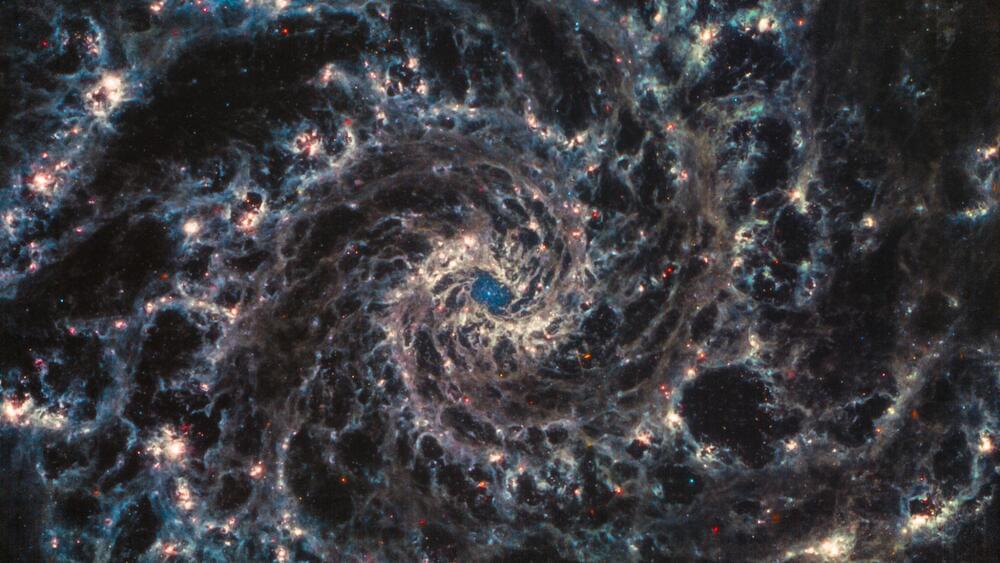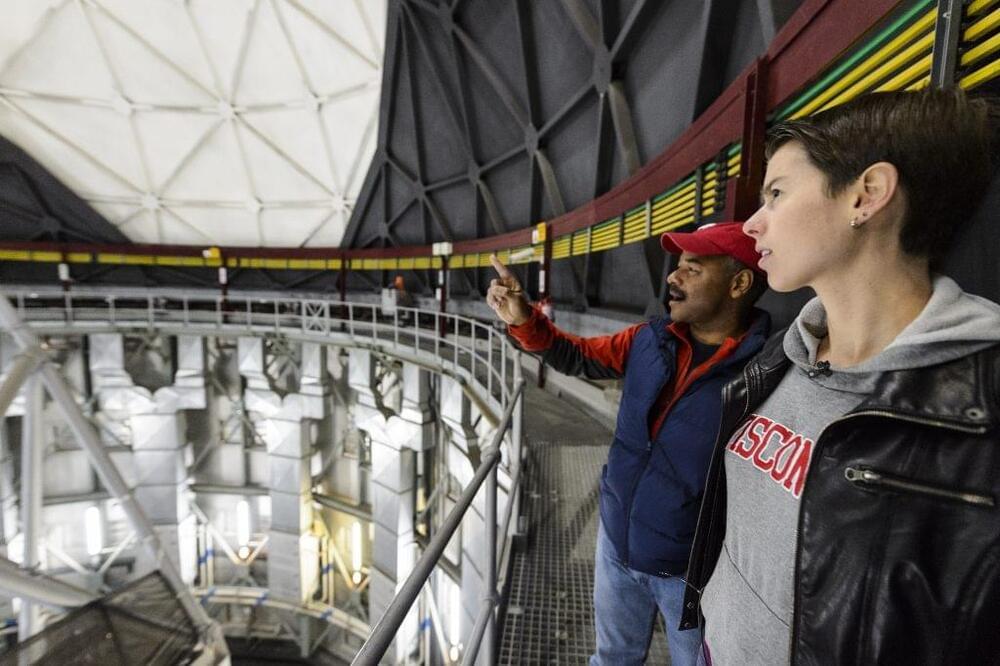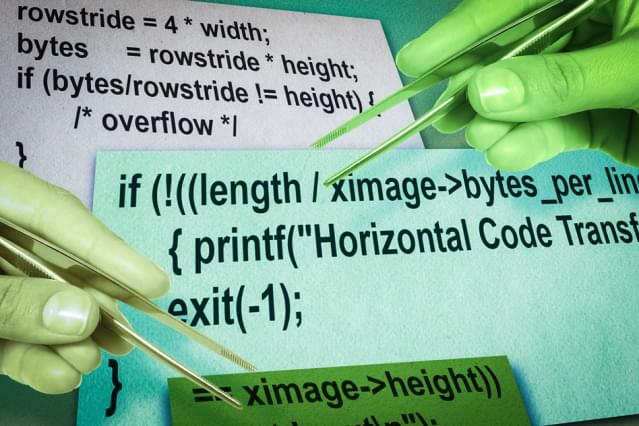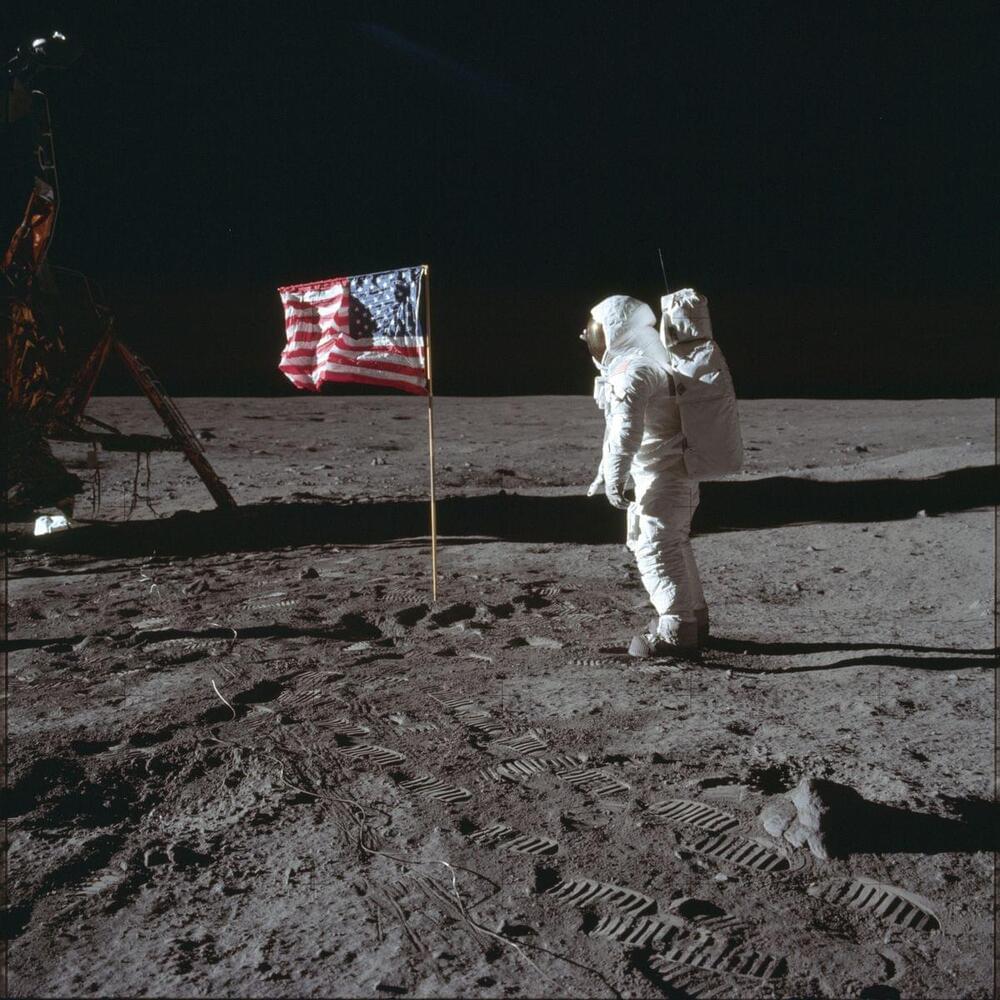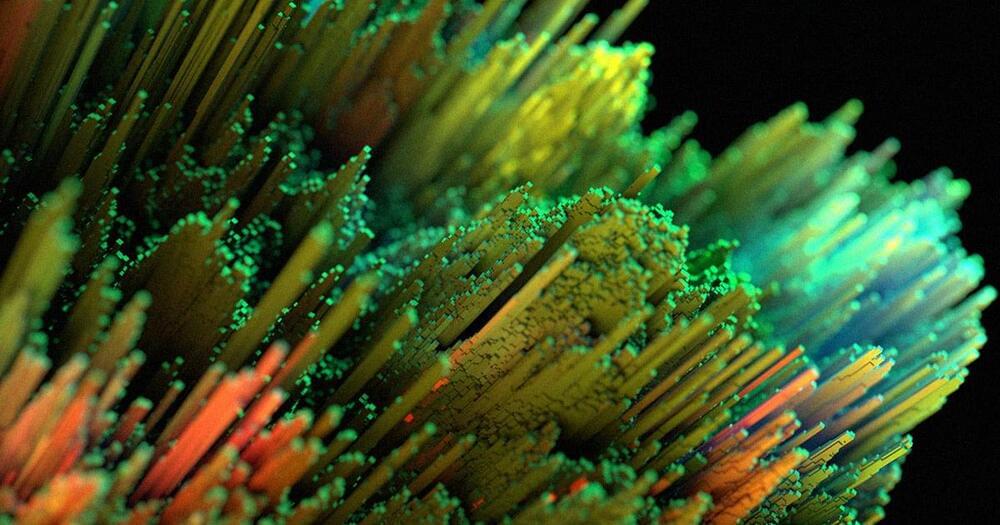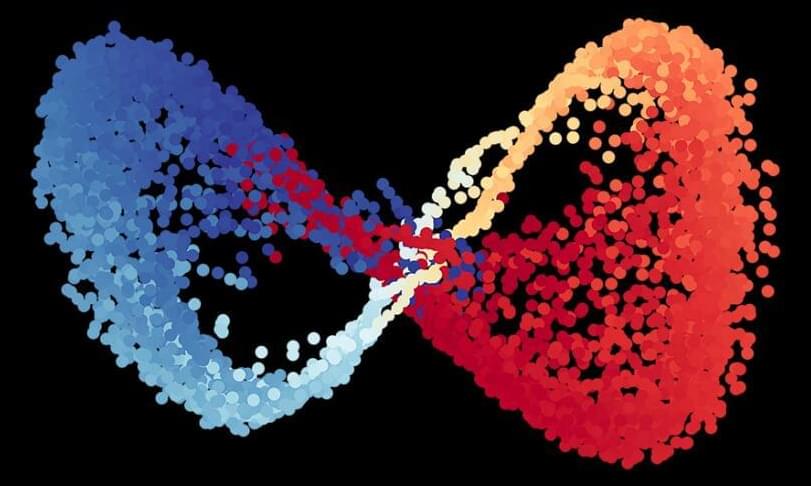
While the University of Hawai’i has until 2028 to officially hand off its management duties to the group, locals like native activist Noe Noe Wong-Wilson are optimistic about the change. She and others note that it feels like policy makers are finally listening to Native Hawaiians’ voices regarding the stewardship and care of their own community.
“This is the first time with the new authority that cultural practitioners and community members will actually have seats in the governing organization,” says Wong-Wilson, who is the executive director of the Lālākea Foundation, a nonprofit Native Hawaiian cultural organization. Wong-Wilson, who is a member of the working group that helped develop the bill proposal, says that the choice to bring in people and ideas from all over the community is what helped make the new law a reality.
She adds that the law’s mutual stewardship model takes into account all human activities on the mountain, and is designed to help “protect Mauna Kea for future generations,” as Native Hawaiians believe the mountain is a sacred place—a part of their spirituality as well as their culture. But years of mismanagement has created a mistrust in the state’s stakeholders, which included the University and Hawaiian government officials, and deepened a rift between Indigenous culture and western science.
